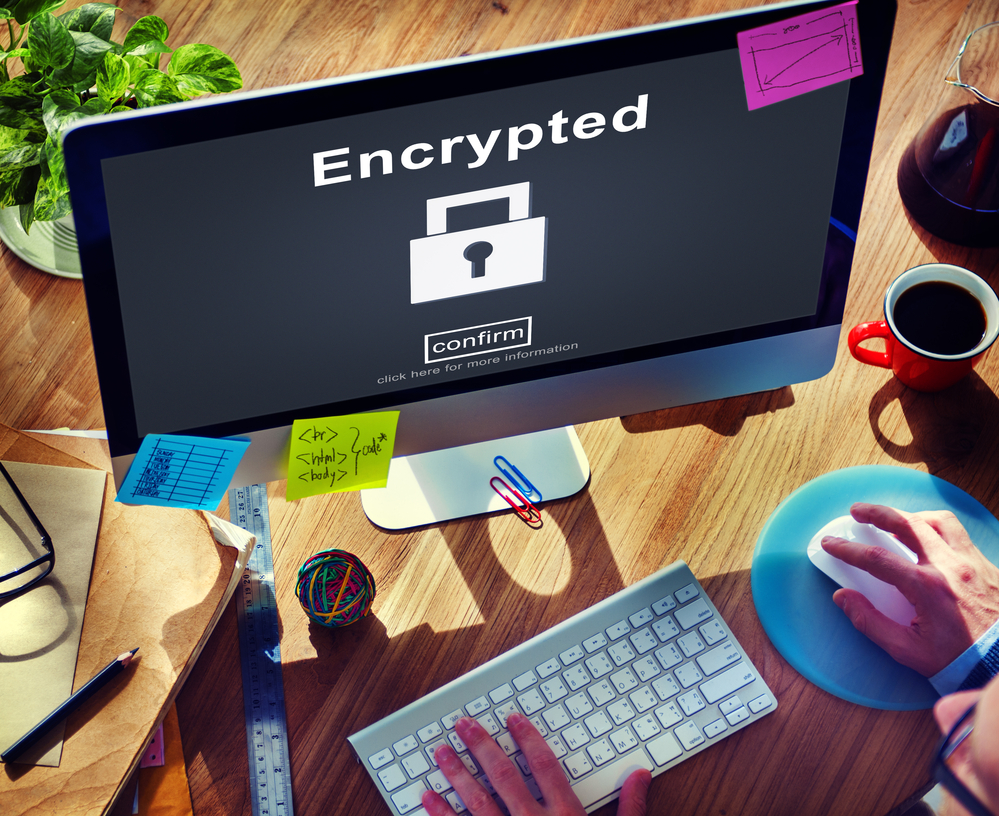Tips for Securely Sharing Your Tax Documents with Your CPA
 Tax season is upon us, and for many individuals and businesses, it's time to start gathering and sharing sensitive financial information with their Certified Public Accountants (CPAs). While this process is essential for accurate tax preparation and planning, it also comes with security concerns. Protecting your financial data is paramount in today's digital age, as cyber threats continue to evolve. Here are some crucial tips for securely sharing your tax documents with your CPA, ensuring your financial information remains confidential and safe.
Tax season is upon us, and for many individuals and businesses, it's time to start gathering and sharing sensitive financial information with their Certified Public Accountants (CPAs). While this process is essential for accurate tax preparation and planning, it also comes with security concerns. Protecting your financial data is paramount in today's digital age, as cyber threats continue to evolve. Here are some crucial tips for securely sharing your tax documents with your CPA, ensuring your financial information remains confidential and safe.
Use Secure File-Sharing Services
One of the safest ways to share tax documents with your CPA is through secure file-sharing services. Many reputable platforms, such as Dropbox, Google Drive, or specialized tax software offer secure file-sharing options. These services often use encryption to protect your data during transmission and storage, making it challenging for unauthorized parties to access your information. Better yet, your CPA should have a secure client portal, where you can safely and confidently upload your files at any time.
Implement Strong Passwords
When using online platforms to share documents, always use strong and unique passwords. Avoid using easily guessable passwords, like "123456" or "password." Instead, create complex passwords with a combination of letters, numbers, and special characters. Consider using a password manager to generate and store these passwords securely.
Enable Two-Factor Authentication (2FA)
To add an extra layer of security to your online accounts, enable two-factor authentication (2FA). With 2FA, you'll receive a one-time code on your mobile device or email, which you'll need to enter along with your password. This added step makes it significantly more challenging for unauthorized users to gain access to your accounts.
Encrypt Your Documents
Before sharing sensitive tax documents, consider encrypting them. Encryption scrambles the data into a code that can only be deciphered with the correct encryption key. There are various encryption tools available, both for individual files and entire folders. Encrypting your documents ensures that even if they fall into the wrong hands, they won't be readable without the decryption key.
Share Documents Directly with CPA
Instead of sending sensitive documents via email, use secure methods like the file-sharing services mentioned earlier. If email is your only option, you can encrypt the attachments with a password and provide the password to your CPA through a separate communication channel, such as a phone call or in person.
Regularly Update Software and Systems
Keeping your computer's operating system and software up to date is crucial for security. Updates often include patches for known vulnerabilities, helping to protect your system from cyberattacks. Failure to update your software could leave your data exposed to potential threats.
Beware of Phishing Scams
Be vigilant about phishing scams, which are often disguised as legitimate requests for sensitive information. Always verify the identity of the person or organization requesting your financial documents. Legitimate CPAs and tax professionals will typically contact you through established channels and not request sensitive information via email unless it's securely encrypted.
Secure Physical Copies
If you're sharing physical copies of your tax documents, make sure to keep them in a secure location when not in use. Invest in a lockable filing cabinet or a home safe to protect your documents from theft or unauthorized access.
Educate Yourself and Your Team
If you're a business owner, ensure that your employees are educated about cybersecurity best practices when sharing financial information with your CPA. Conduct training sessions on how to recognize phishing emails, use secure file sharing tools, and maintain strong passwords.
Regularly Review Your Financial Statements
Keep a close eye on your bank and credit card statements, looking for any unauthorized or suspicious transactions. Early detection of fraudulent activity can prevent significant financial losses.
Securely sharing your tax documents with your CPA is essential for safeguarding your financial information. By following these tips, you can reduce the risk of unauthorized access and protect your sensitive data from cyber threats. Remember that a proactive approach to cybersecurity is the best defense against potential breaches.
At Demian & Company CPAs, we understand the importance of security when it comes to handling your tax documents. Our team of experienced professionals is committed to ensuring the confidentiality and integrity of your financial information throughout the tax preparation and planning process. If you're looking for a trusted partner to assist you with your tax needs, please don't hesitate to reach out to us. Contact Demian & Company CPAs today for expert assistance in navigating the complexities of tax season and securing your financial future.